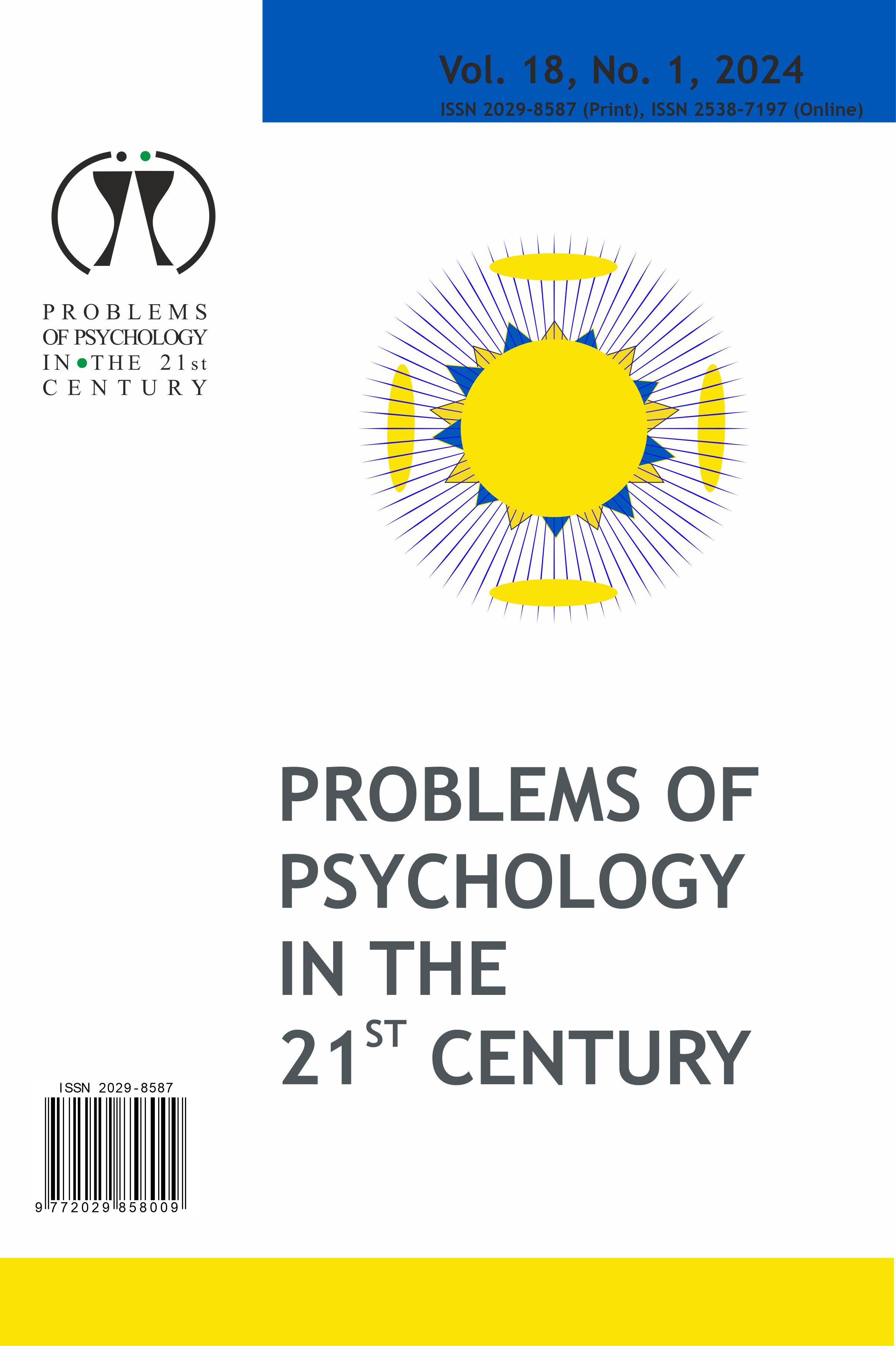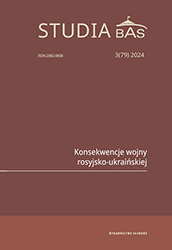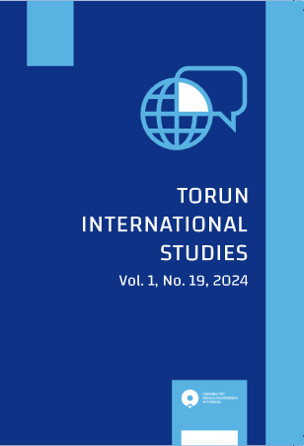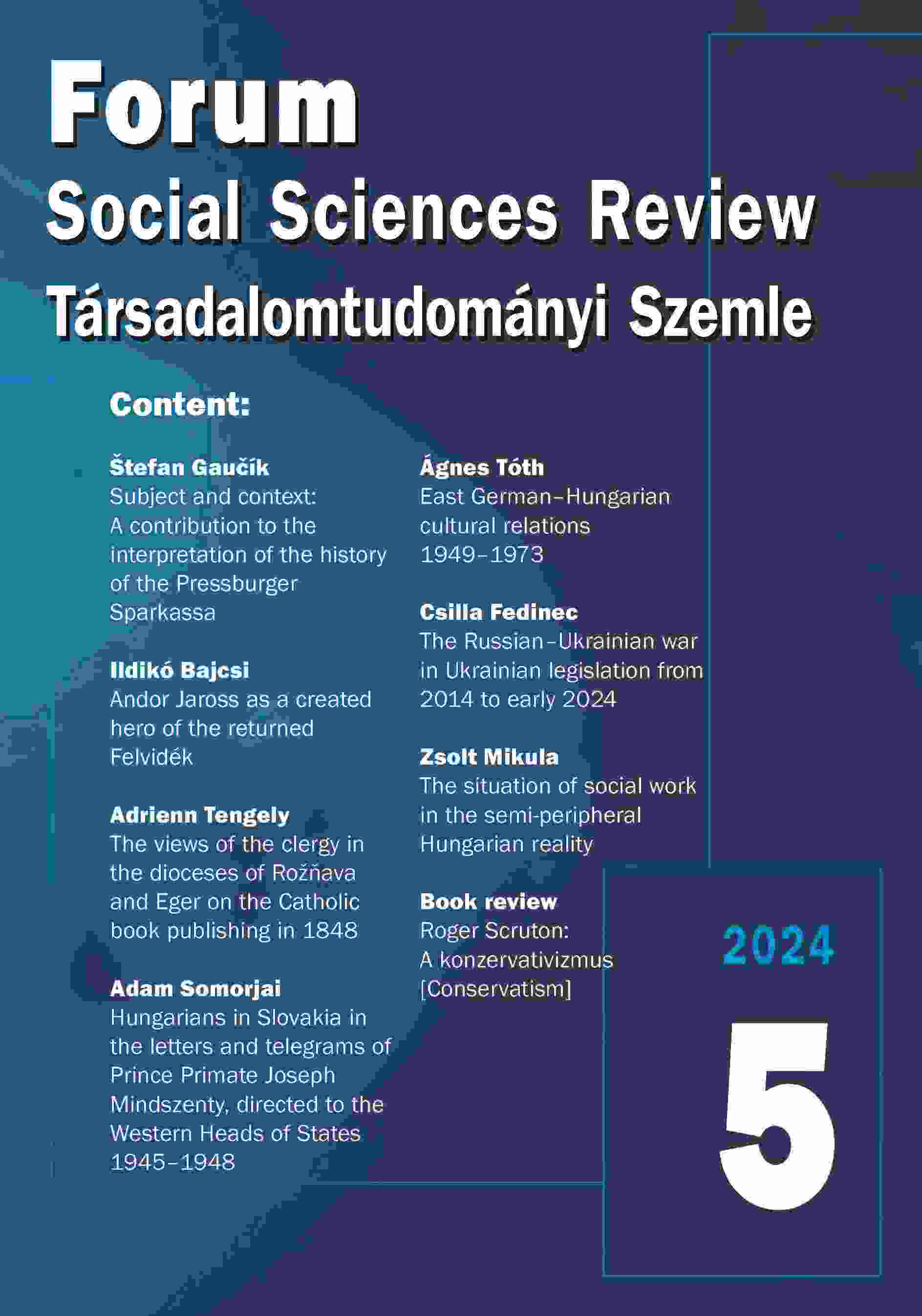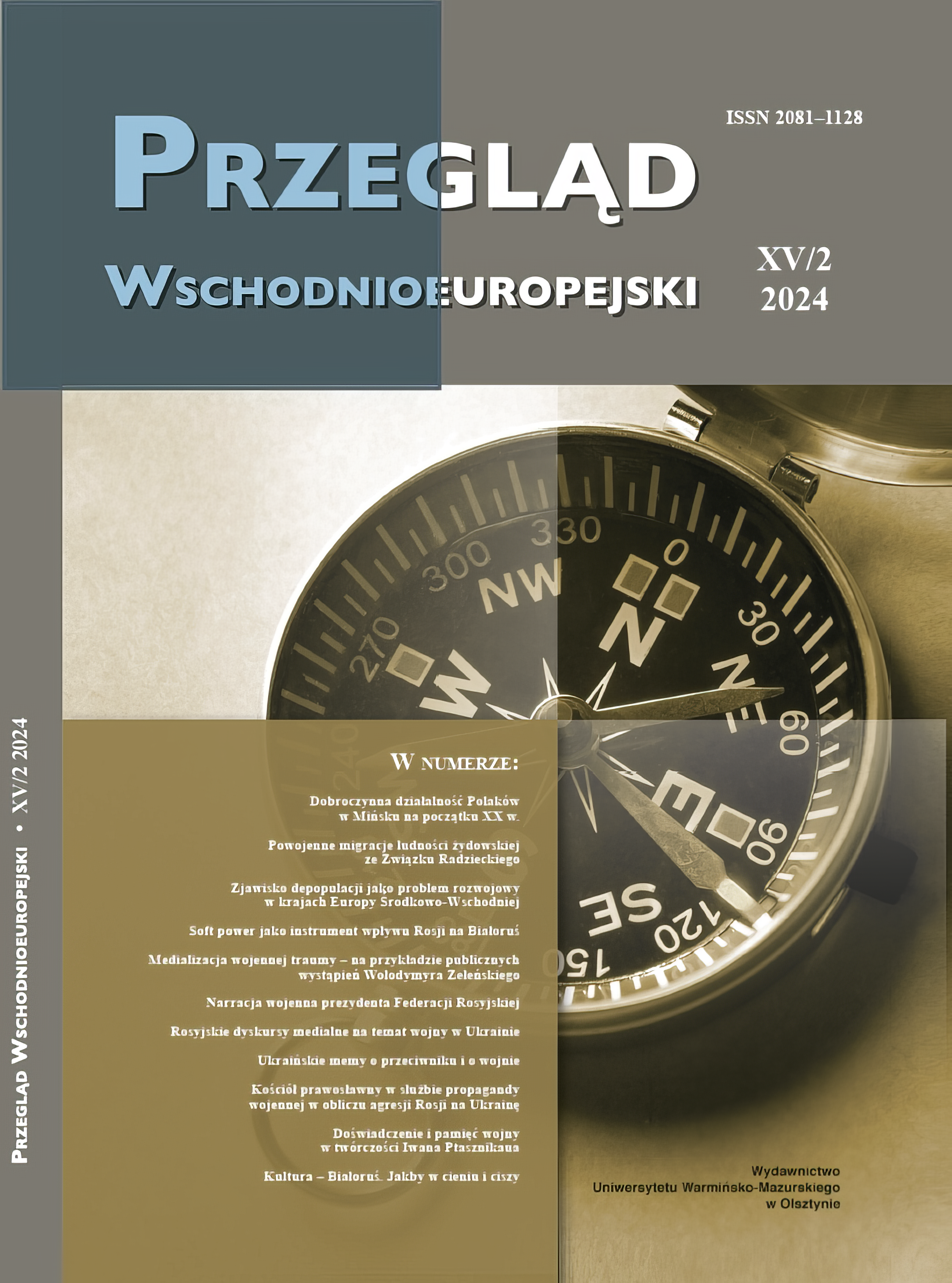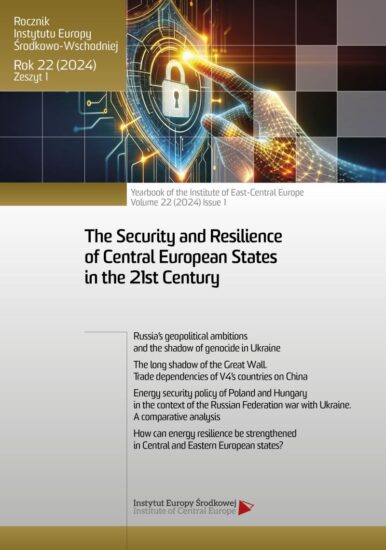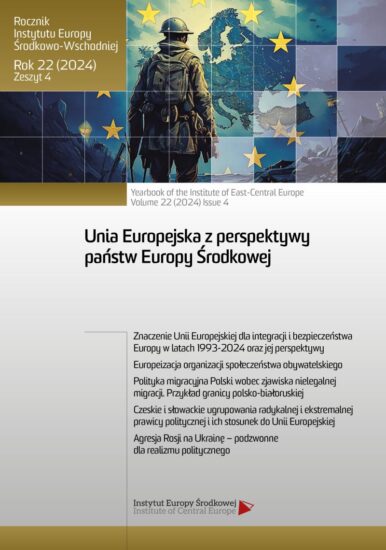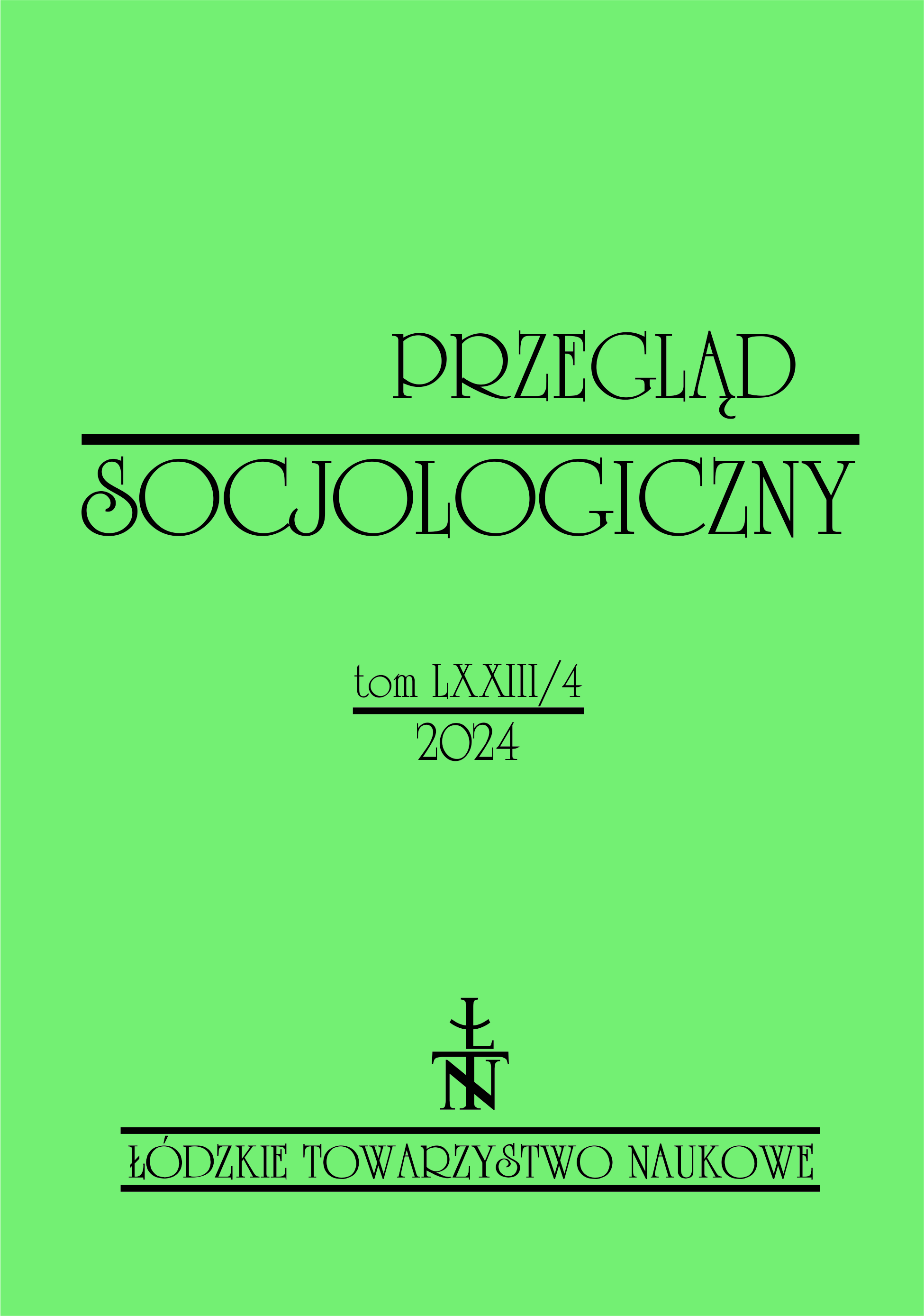
ZANIECHANIE DZIAŁAŃ POMOCOWYCH: WOJNA I USUWANIE WYMIARU MORALNEGO
Taking the research instruments of the autobiographical narrative interview method, which creativelydraws on concepts developed by phenomenology, ethnomethodology and conversational analysis, asthe basis of my reflections, I undertake an analysis of the answers of two women in response to theresearcher’s question about their reactions to the outbreak of full-scale war in Ukraine. It is posed,because neither of them mentions these events in the main off-the-cuff narrative line, althoughboth interviews were conducted in late 2022. In the foreground, they talk about the sense of fearand uncertainty that lead to actions to ensure the safety of themselves and their loved ones, but inthe background, they try to explain the lack of or minimal involvement in helping those fleeing thechaos and atrocities of war. I will show that the need to explain the fact that (almost) nothing hasbeen done in this case is due to the failure to fulfil a basic rule of social life – to help the Other ina situation requiring it. The selection of cases has two justifications: firstly, the opposite worldviewdeclarations of the interviewees – Marianna describes herself as a Catholic, Kornelia as a feministand atheist; secondly, their different socio-biographical situations – the former is married andthe mother of five children, the latter is single, sharing a flat with her sister and caring for a dog.Both, however, while appealing to a common sense (which strives for the seeing the everydayreality as taken-for-granted and gives a sense of familiarity), are at the same time entangled in theneoliberal mechanisms of “governing through freedom” that translates into their attitudes towardsthose experiencing suffering.
More...

